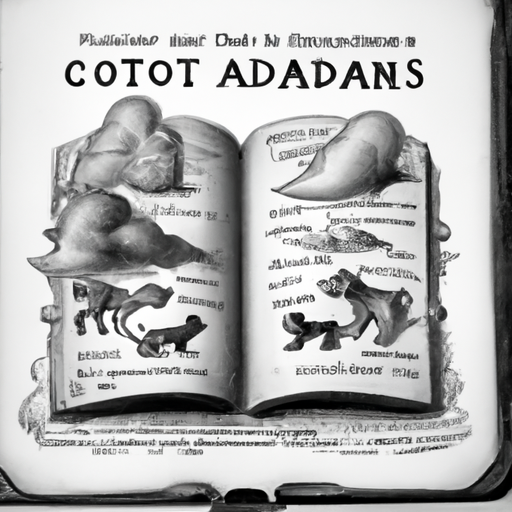Hello there! You’ve probably used, or at least heard, the phrase “it’s raining cats and dogs” to describe a particularly heavy downpour. But have you ever stopped to wonder where this peculiar phrase originated? In this deep-dive, we’re going to explore the origin and history of this intriguing expression.
H2: Theories About Its Origin
There are several theories about where the phrase “raining cats and dogs” came from. It’s worth noting that these are theories and not definitive explanations. Still, they provide fascinating insights into the possible origins of this idiom.
-
The Norse Mythology Theory: According to one theory, the phrase could have its roots in Norse mythology. Dogs and wolves were attendants to Odin, the god of storms, while cats were believed to influence the weather. This association might have given birth to the phrase.
-
The 17th Century English Theory: Another theory suggests that during the 17th century in England, heavy rain would often wash dead cats and dogs out of the streets and down the gutters. This gruesome sight could have led people to say it’s “raining cats and dogs”.
-
The Greek Expression Theory: This theory is based on a Greek expression “kata doksa”, which means contrary to expectation or belief. When this phrase was anglicized, it could have sounded like “cats and dogs”, hence the origin.
H2: The Phrase in Literature
The phrase “raining cats and dogs” has often been used in literature, further cementing its place in the English language. Here are a few examples:
-
Jonathan Swift’s ‘A Complete Collection of Genteel and Ingenious Conversation’ (1738): Swift uses the phrase, which indicates that it was already in use at that time.
-
Henry Vaughan’s collection of poems, ‘Olor Iscanus’ (1651): Vaughan refers to a roof that was secure against “dogs and cats rained in shower.”
-
Richard Brome’s comedy, ‘The City Wit or The Woman Wears the Breeches’ (1652): A character exclaims, “It shall rain dogs and polecats”.
H2: The Phrase Around the World
Interestingly, the English language is not the only one to use a bizarre phrase to describe a heavy downpour. Here are some examples from other cultures:
| Language | Phrase | Literal Translation |
|---|---|---|
| French | Il pleut des cordes | It’s raining ropes |
| Spanish | Está lloviendo a cántaros | It’s raining pitchers |
| Dutch | Het regent pijpenstelen | It’s raining pipe stems |
| German | Es regnet in Strömen | It’s raining in streams |
H2: The Phrase in Modern Usage
Over the years, “raining cats and dogs” has stood the test of time and is still commonly used today. Its humor and hyperbolic nature make it a popular choice for describing torrential rain. Its usage has even extended to other forms of media, such as music, movies, and television shows, further embedding it in our culture.
H2: FAQ’s
Q: Are there other phrases similar to “Raining cats and dogs” in English?
– Yes, there are. For example, “it’s pouring buckets” or “it’s raining pitchforks”.
Q: Did the phrase first appear in written or spoken English?
– The phrase first appeared in written form, in Jonathan Swift’s ‘A Complete Collection of Genteel and Ingenious Conversation’ in 1738.
Q: Is the phrase used in American English as well as British English?
– Yes, the phrase is well-known and used in both American and British English.
Q: What is the most accepted theory about the origin of the phrase?
– There is no universally accepted theory. The phrase’s origin remains uncertain, with several theories competing for acceptance.
Q: Have other languages borrowed the phrase from English?
– Not typically. As shown earlier, many languages have their own unique phrases to describe heavy rain.
Whether it’s a mystery rooted in mythology, a phrase born from 17th-century England, or a misinterpretation of a Greek expression, “raining cats and dogs” remains a charmingly eccentric phrase to describe heavy rain. It serves as a reminder of the whimsy and creativity embedded in our language.



